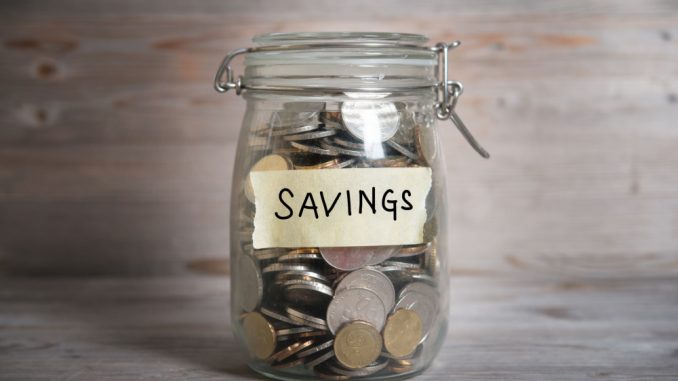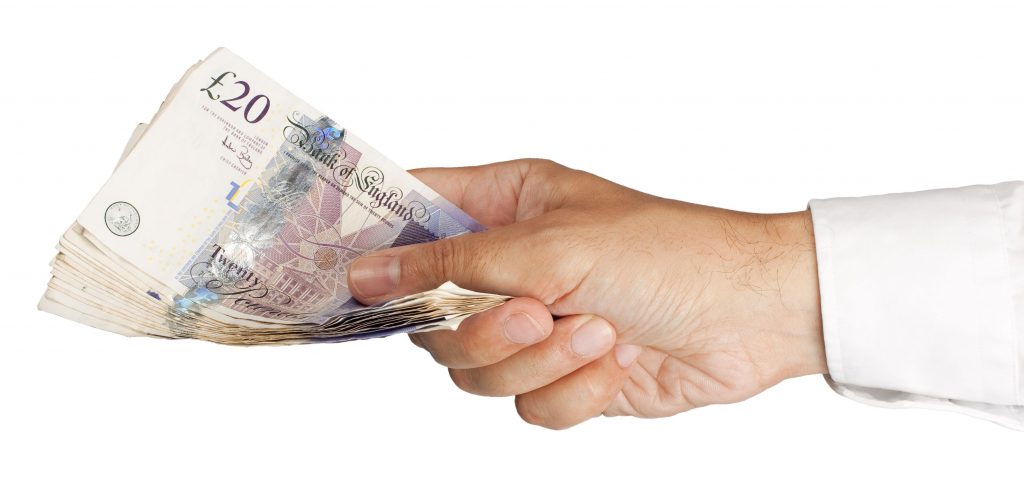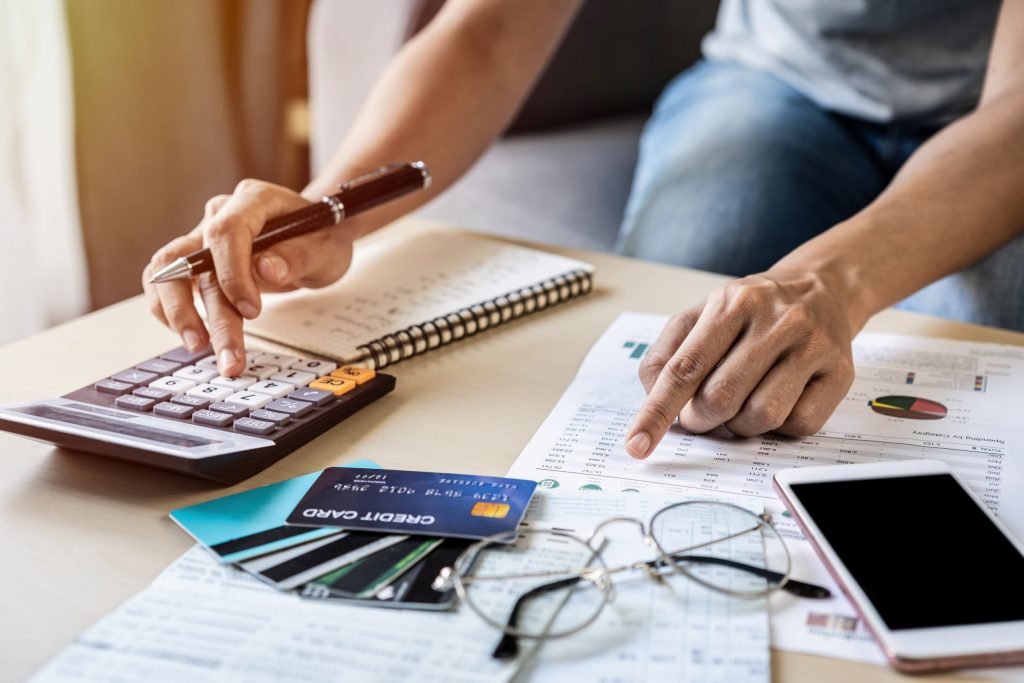
Everyone wants to save money. It’s one of those things that feels like it should be easy, but almost everyone struggles with it at some point or another. In this digital age, it’s easier than ever to spend money without realizing it. Every time you use your smartphone or buy something online, you’re spending money.
Whether you have a finite amount of cash at your disposal or an overdraft from your bank, managing your money and staying on budget is essential to living effectively and frugally. You might feel like you’re unable to save any money because you have so many expenses and not enough income. But saving money is a habit that anyone can build.
Even if you feel like your budget is tight and you don’t have much left over after paying your fixed expenses (such as rent, utilities, car payments, student loan payments, and insurance), there are ways to start saving more money today. We know it can seem difficult at first, but establishing these helpful habits now will lead to a more stable financial future for yourself in the long run.
We asked Finance Expert Dan Stevens for some tips. From setting up a budgeting plan to clever hacks and tips on how to cut costs as much as possible, read on for some great advice.
1. Create a budget and stick to it

The first step in creating a budget is to determine how much you earn and how much you spend. Next, you need to find a way to make those numbers work. It’s important to be realistic about the amount of money you have coming in and the amount of money you’re likely to spend.
If you earn a given amount each month, how much do you bring home after paying taxes? If you’re paying off student loans or a mortgage, how much extra is left over each month? If you don’t earn a lot right now and are paying off debt, you may need to scale back your spending to make room in your budget for savings. That’s fine – but don’t fall into the trap of overspending by having an unrealistic budget.
Some people prefer to track their expenses on paper, while others prefer using a specialized budgeting app or website. Whatever method you choose, make sure you have a budget for everything from your rent or mortgage payment to your groceries and utilities.
2. Commit to a monthly savings plan
You’ve probably heard it before, but one of the best ways to save money is to make a savings plan. Make it a habit to put a set amount of money into your savings account each month. And while you’re at it, make it a goal to increase that amount every year or every time you get a raise at work. There are a few reasons why this is a good idea.
First, it helps you build good money habits. Saving money is one of those things that many people struggle with. The more you make it a habit, the easier it will be to do.
Second, it gives you a goal to work towards. It’s much easier to achieve something when you have a set amount of time to do it in. This way, you’ll be able to see your savings grow over time.
And third, it prevents you from spending that money. When it’s all sitting in one place, it’s much easier to leave it alone than it is when it’s in your checking account.
3. Track your spending
One of the best ways to start saving money is to track your spending. This will help you be more mindful of how much money you’re spending and where it’s going. It’s been proven that people who keep track of their spending are less likely to overspend.
There are a few ways you can go about doing this. You can keep a log in a notebook. You can use a spreadsheet or budgeting app. Or you can even use a pen and paper money clip to track your cash spending. The key is to just keep track of it so you can see where your money is going. You can then use that information to make adjustments to your spending habits.
For example, if you notice that you keep going out to eat and spending a lot of money on food, you can try to reign that in by bringing your meals to work more often or finding cheaper places to eat.
Another helpful way to track your spending is to use a spending tracker. These will tell you how much money you have available to spend each month, and they’ll even let you set up reminders to set yourself up for success.
4. Set up auto-pay for essential bills
It’s important to set up automatic payments for essential bills so that you don’t miss any due dates and incur late payment penalties. You can also set up auto-pay on your savings account to ensure you don’t spend the money you set aside for savings. Auto-pay can also help you stay on budget.
For example, if you set up auto-pay for your cell phone bill, you’ll have those payments set up before your next paycheck comes in, making it less likely that you’ll spend the money you’ll be receiving. Auto-pay can also help you save money. For example, if you set up auto-pay for a savings account, you’ll never see the money in your checking account, making it less likely that you’ll spend it.
5. Pay off your debts

Not only should you be paying your bills on time every month, but you should also be paying off any debts you have (including credit card debt).
It can be tempting to pay off your debts as slowly as possible or even to put them off for later, but it’s important to prioritize paying off your debts as soon as possible.
The sooner you pay off your debts, the less interest you will pay over time. If you’re interested in getting out of debt faster, consider finding a side hustle to make extra money or even cutting back on your expenses to make it easier to put more money towards your debts.
6. Add an emergency fund
Almost every financial expert will tell you to add an emergency fund to your budget. This is money set aside (in a savings account) for any unexpected expenses that might come up throughout the year. This could include medical bills, car repairs, or even a house or car repair for someone in your family.
While these things are all unfortunate, they do happen to a lot of people. You don’t want to have to rely on credit cards to pay for these types of things. Having an emergency fund will help you avoid having to do this.
Ideally, you should have at least enough money saved in your emergency fund to cover 3 to 6 months of expenses.
7. Watch the small stuff
Many of the things that add up to being expensive are the small things that people don’t even realize they’re spending money on. For example, if you buy a £5 coffee every day, you’re spending £150 per month on coffee alone. And if you do this for years, then you’re spending thousands of pounds on coffee every year.
There are a few ways you can start watching the small stuff to help you save money. You can try to make more of your small purchases cash only (like bringing a £20 bill with you when you go to the grocery store or go out for lunch with a friend). Or you can try to use a free service that rewards you for small purchases you make every day. These are easy ways to save a few quids here and there that add up over time.
8. Change up your diet
One of the best ways to start saving money on your grocery bill is to change up your diet. Eating a mostly plant-based diet will not only make you healthier, but it will also save you money. You can find plenty of cheap and easy vegan recipes online, or you can try cutting back on the amount of meat you eat every week.
Another easy way to save money on your grocery bill is to buy in-season produce. Produce is cheapest when it’s in season, so try to buy fruits and vegetables when they’re in season.
9. Cut your losses and stop wasting money on things you don’t care about
One of the easiest ways to save money is to stop wasting money on things you don’t care about. This might include things like cable TV, magazine subscriptions, or even your internet plan. These are all things you can easily cut back on or even eliminate from your life completely to free up cash that can be saved.
You don’t have to cut out every little luxury and extravagance, but you should be sure to prioritize your spending so that the most important thing is getting the money you need.
The best way to do this is to create a budget. A budget is a helpful tool that allows you to track your spending and make sure everything is getting the money it needs. It also helps you identify areas where you can cut back to save more money.
10. Pay yourself
This isn’t something that you hear people talking about often when it comes to saving money. But it’s an important rule to remember. There are a few different types of savings accounts, and you should have one that’s specifically for savings.
This is money that you don’t touch. You set it aside for things like your retirement fund, a house down payment, or even something like medical bills. You should have this type of savings account set up before you start saving for anything else.
It may be hard to save money when you’re just starting, but it’s crucial to start saving early in life. The earlier you start saving, the easier it will be to save. You should make it a habit to set aside a certain amount of money for your savings account each month.
11. Track your credit cards

Credit card debt is the fastest-growing form of household debt in the UK, and it can be difficult to get out of a credit card debt hole. Keeping track of your spending on your credit cards will help ensure you don’t go overboard and get yourself into trouble.
It’s also a good idea to keep an eye on your credit report and credit score. You can get a free credit report from each of the three credit bureaus every 12 months.
Credit cards also offer rewards, like cash back or travel miles, that can be used to offset the cost of your monthly budget. The more you spend on credit, the higher your credit utilization ratio, which is reported as a percentage of total credit used. Having too much outstanding credit could lead to a lower credit score, as well as higher interest rates when applying for new credit cards.
A final note
Saving money can be challenging, especially in this day and age. With the rise of online shopping and the ease of paying with credit cards, it can be easy to overspend without even realizing it.
Saving money should be a priority for everyone. It doesn’t matter how much you make or what your expenses are. Even if you think you’re too poor to save money, it’s possible to do so. You just have to make a few sacrifices and prioritize saving money over other expenses. When you prioritize saving money, you’ll be well on your way to a more financially secure future.